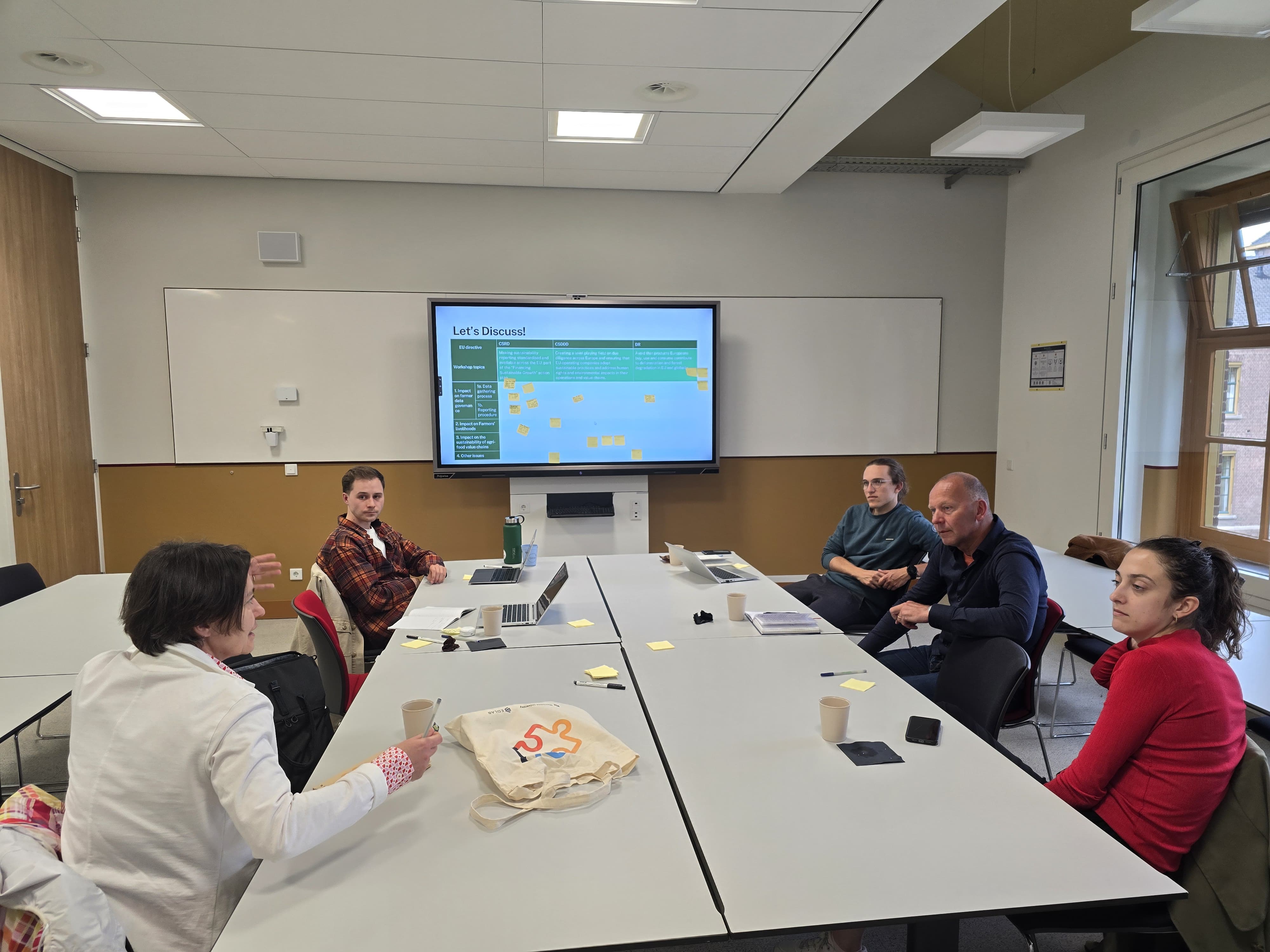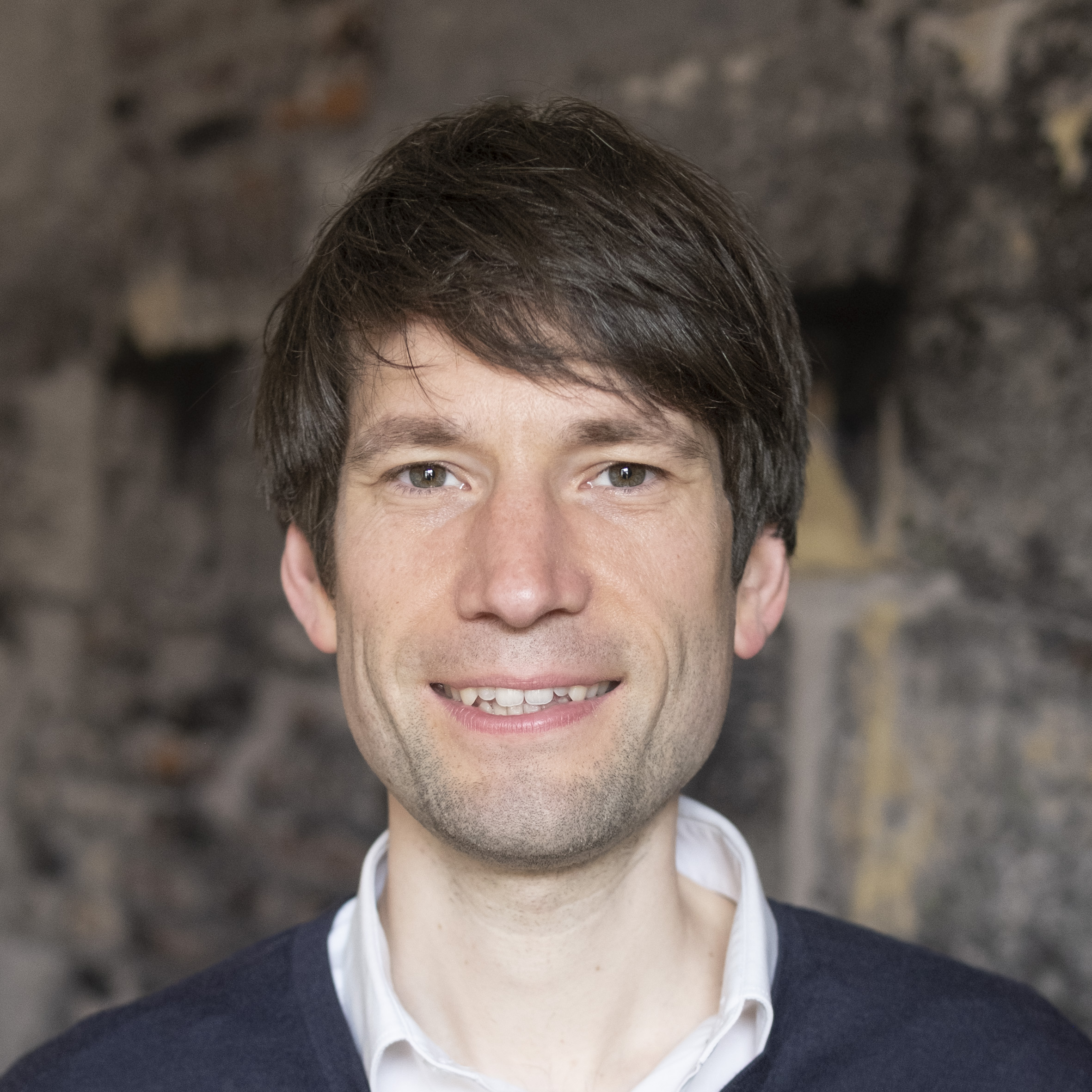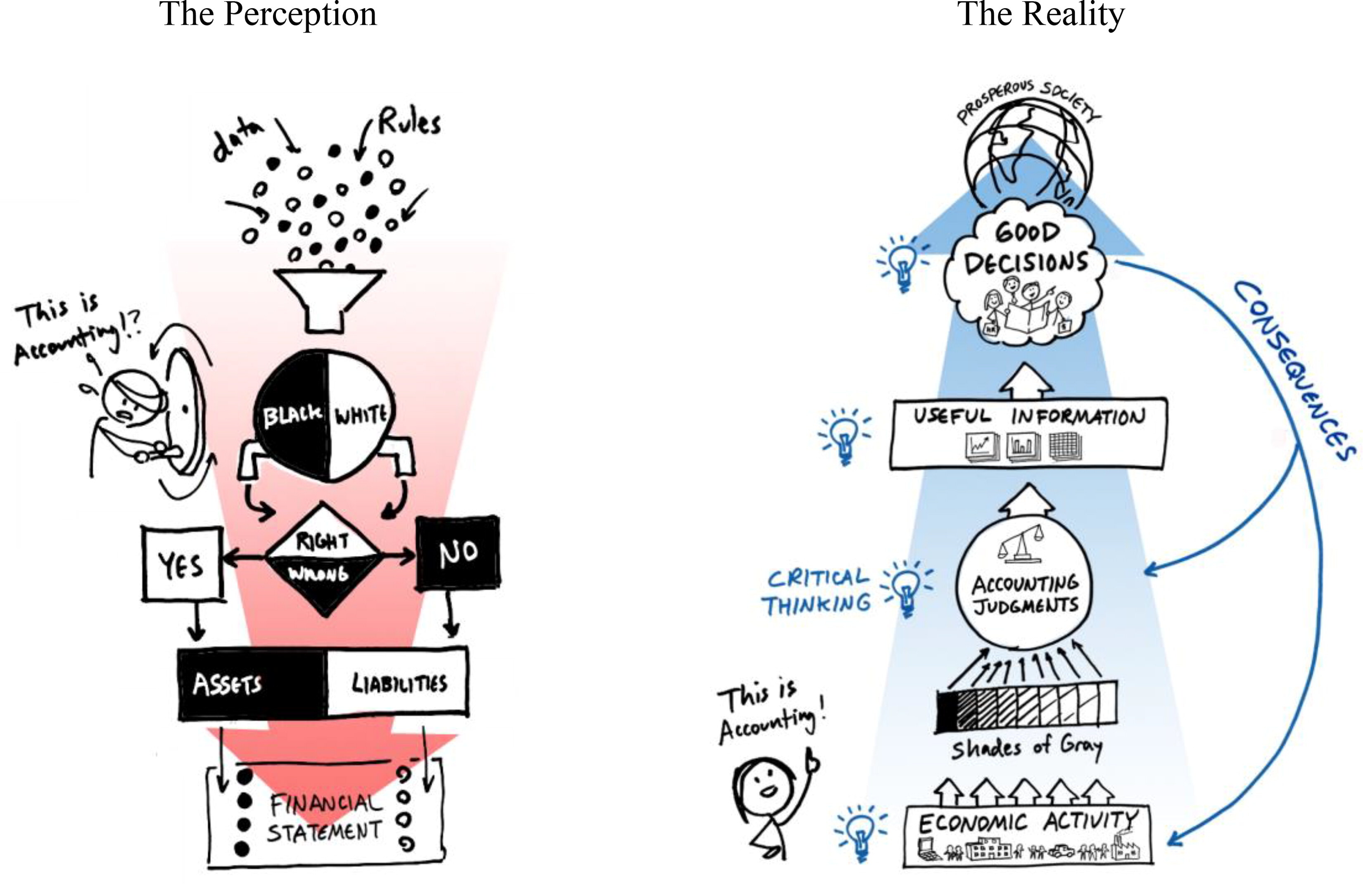News
-
On 22 May 2024, the Globalisation & Law Network had the pleasure of welcoming Professor Ulf Linderfalk, who presented his monograph 'The International Legal System as a System of Knowledge' (Edward Elgar, 2022).
-
Neuroscientist Dennis Hernaus investigates the reward system in our brain. How does this ‘brain network’ ensure that we become motivated?
-
On June 12th, the research spearhead Fair & Smart Data (FSD) hosted an internal workshop to explore the impact of various EU regulations on agrifood value chains. This workshop focused on exchanging knowledge and a first assessment for further research regarding the effects of those regulations on...
-
Bas van Hooren conducted NUTRIM research on preventing injuries and on the future of personalized sports. He defended his PhD, June 17th.
-
Janosch Prinz received, together with Enzo Rossi (UvA) and Manon Westpahl (Münster), a €310,000 Gerda Henkel Foundation grant for the project “Contours of a Non-Oligarchic Democratic Future”.
-
“Accountants will save the world”, said Peter Bakker about ten years ago in an interview with Harvard Business Review. Peter Bakker is a Dutch businessman, who serves since 2012 as the president of the World Business Council for Sustainable Development - WBCSD. The WBCSD is a global alliance of CEOs...
-
Programming quantum computers, like the quantum computer itself, is still in its early stages. Quantum computing researchers tend to be physicists, mathematicians, or computer scientists who have a special interest in the mathematical framework of quantum mechanics.
-
We discover new things about staff and students every day here at our faculty. That Lieve wants health tips to be evidence-based. That Alisa moved from Moscow to Maastricht to become a first-year Regenerative Medicine and Technology student. And that Sofie is finishing up her master’s in Health and...
-
Max Boutell and Sharon Anyango will work on separate projects on the role adaptive architects in the neoliberal turn, and on gender expectations of Somali and Eritrean refugees in the Netherlands.
-
How do people interact with each other on social media and other online platforms? How do they end up in conflict? And most importantly: how can we prevent these discussions from escalating? PhD candidate Maud Oostindie is researching these questions. On top of that, she is the new ‘Face of Science’...








